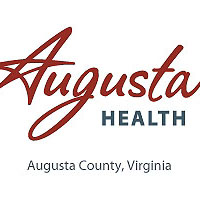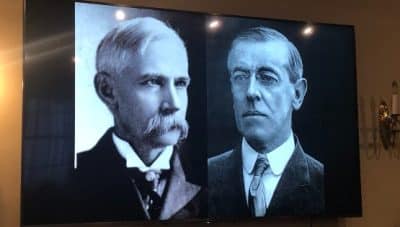
These dilemmas can be avoided with advance health care planning. That includes taking time to think about your values and preferences about treatments you do or do not want. Discuss these values and preferences with your family, close friends, physicians, clergy, and anyone else who may be involved in your health care. You then can document these preferences in an advance medical directive that will guide your family and health care providers at a time when you are sick but cannot speak for yourself. In an advance medical directive, you also can select and name a preferred decision-maker — an “agent” — to speak for you if you cannot speak for yourself. If you have an advance directive, your decision-makers will know your preferences if called upon to make decisions for you.
In 1990, Congress affirmed the right of every citizen to express his or her future health care wishes in writing with an “advance directive.” Yet, various estimates suggest that only about 25% of all Americans have done so. Because advance directives can be created relatively easily, without a lawyer, and for free, this figure is astonishingly low.
National Healthcare Decisions Day, observed on April 16, was established four years ago to inspire, educate and empower the public and health care providers about the importance of advance health care planning and documentation of preferences in an advance directive.
In Virginia the legal and health care communities have come together to provide a wealth of free information to the public about their health care decision-making rights and opportunities. You will find Virginia-specific resources on advance directives at vsb.org/site/public/healthcare-decisions-day, and the national Health Care Decisions Day web site (nhdd.org) has more ideas and materials.
To prevent scenarios where families struggle with decisions because they do not know what health care their loved one does or does not want, physicians and health care facilities are working together to offer to their patients informed and thoughtful guidance about advance health care planning. Hospitals, nursing homes and home health providers must ask patients if they have an advance directive and, if they do, make sure that their medical record reflects that. If patients do not have advance directives, these health care providers have staff who are trained and prepared to help patients with advance care planning and creation of an advance directive.
When it comes to your health care, your decisions matter, but others need to know your wishes if they are to honor them. Please use National Healthcare Decisions Day on April 16, 2011, to consider what your wishes are and discuss them with your family and loved ones, your health care providers, your clergy, and anyone else who may be involved in your health care. Most importantly, take the time to document your wishes, whatever they may be, because that will provide you and your family with the assurance that your wishes will be considered at a time when you cannot speak for yourself.
Fred M. Castello, MD is the chief medical officer at Augusta Health. Anyone interested in creating an advance directive can also call the Social Services Department at Augusta Health. The department has a packet, “Preparing an Advance Directive,” with information and forms. Social Services can also provide assistance in completing the forms. Their number is 540.932.4815.










